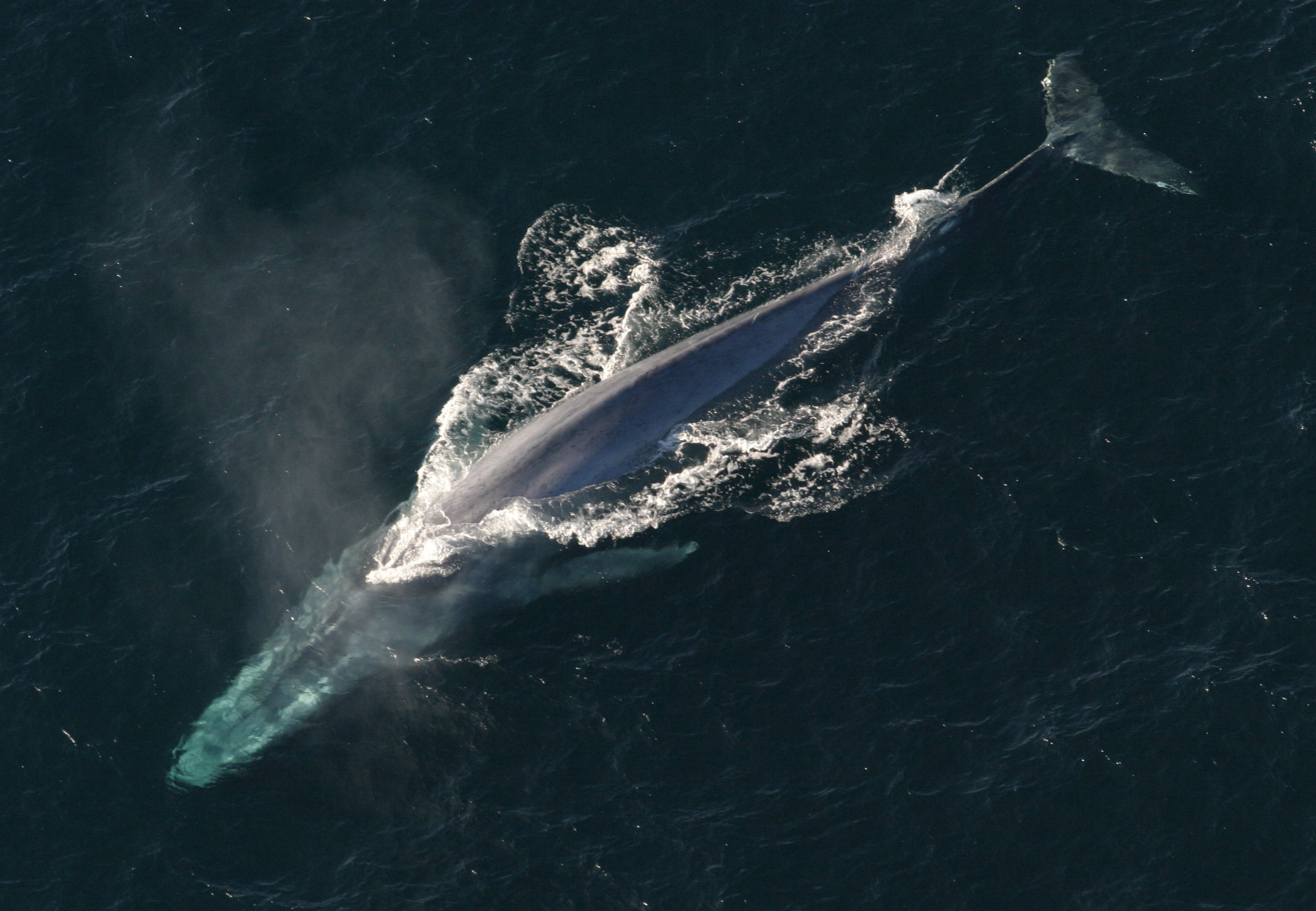News release
From:
Despite the importance of marine megafauna on ecosystem functioning, their contribution to the oceanic carbon cycle is still poorly known. Here, we explored the role of baleen whales in the biological carbon pump across the Southern Ocean. We accounted for both past exploitation and future impacts of climate change on whales' recovery. We modelled whale-mediated carbon sequestration through the sinking of carcasses after natural death. We reveal that whales could sequester 4.0x10^5 tonnes of carbon per year before exploitation, but that whaling has drastically reduced their sequesration potential. Now whale populations and the associated carbon pump is imperiled by climate change, with predicted carbon sequestration in 2100 being less that half of its historical value.



 International
International



